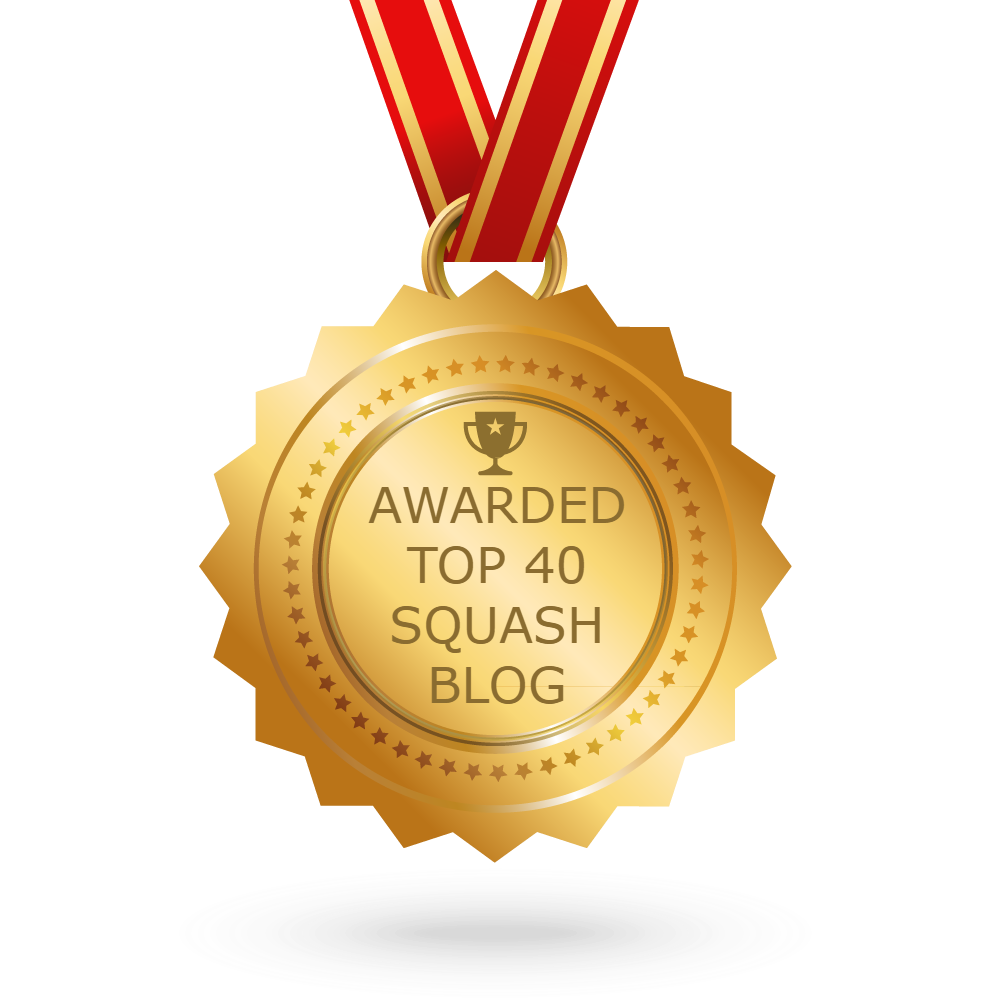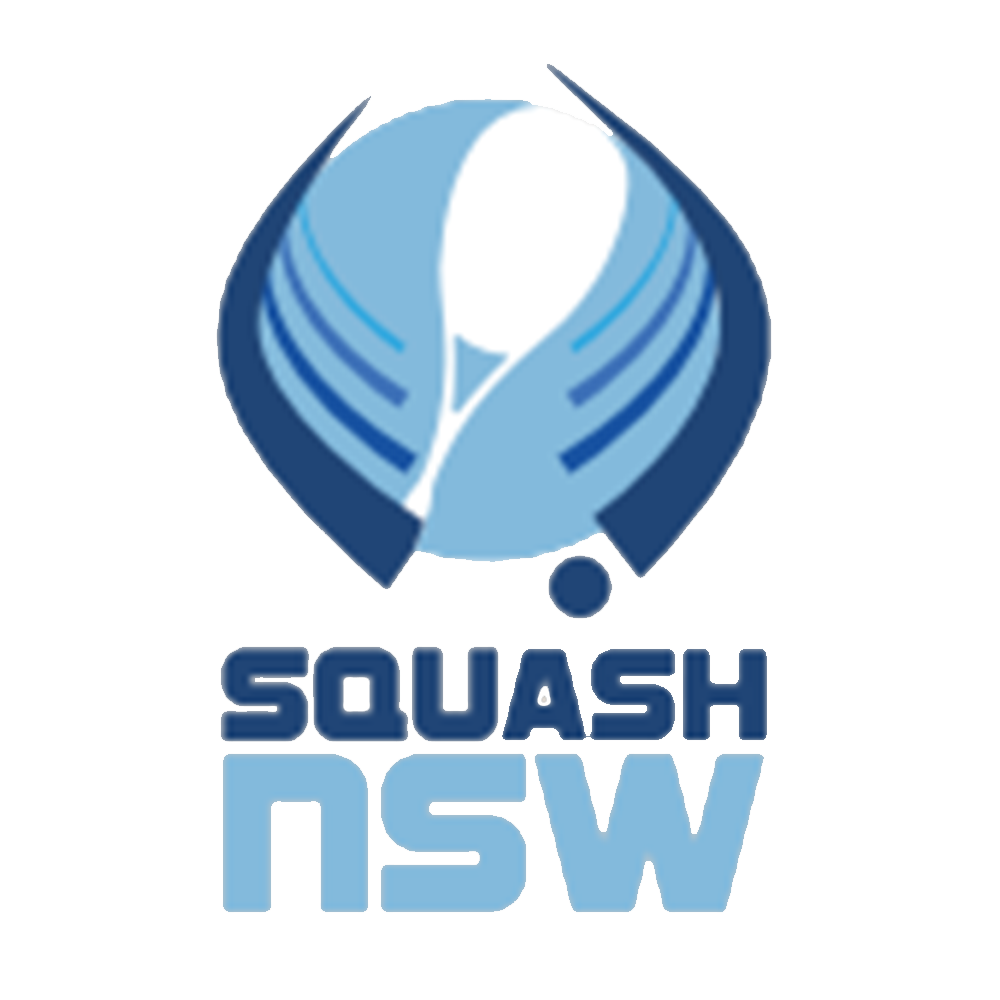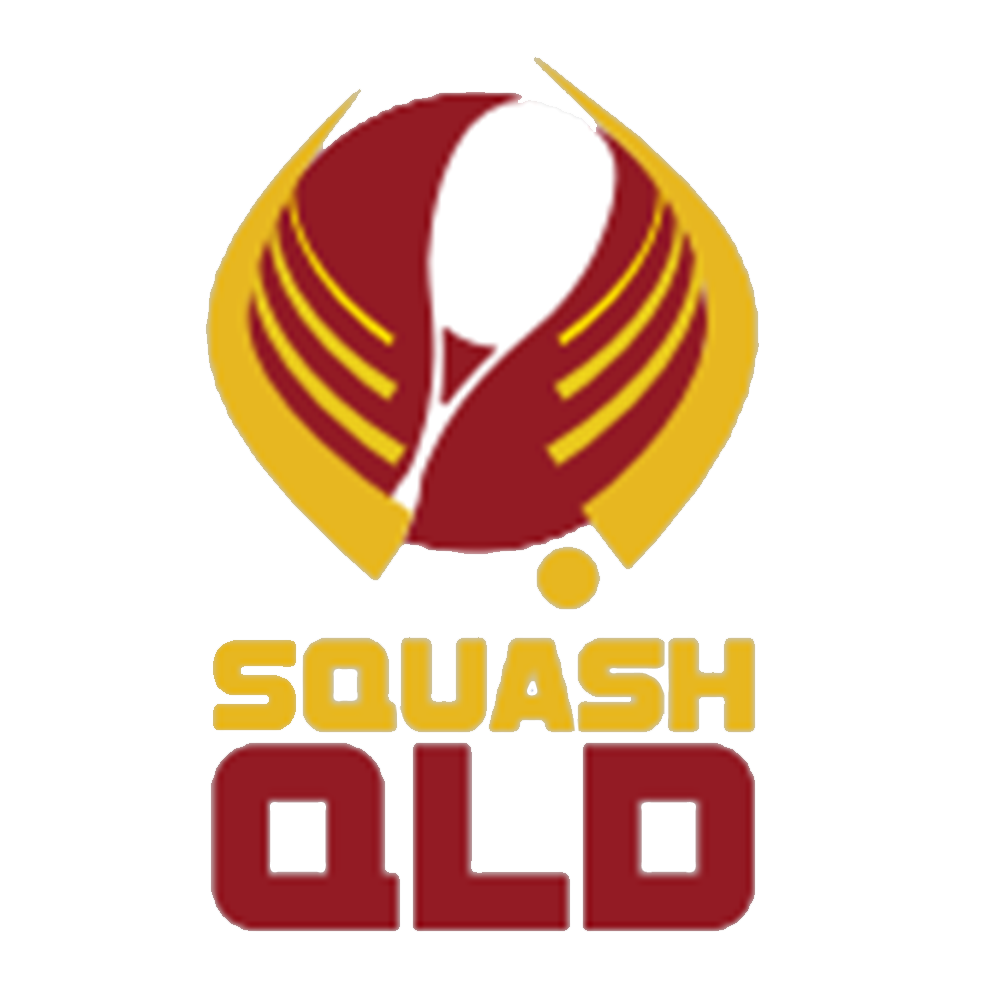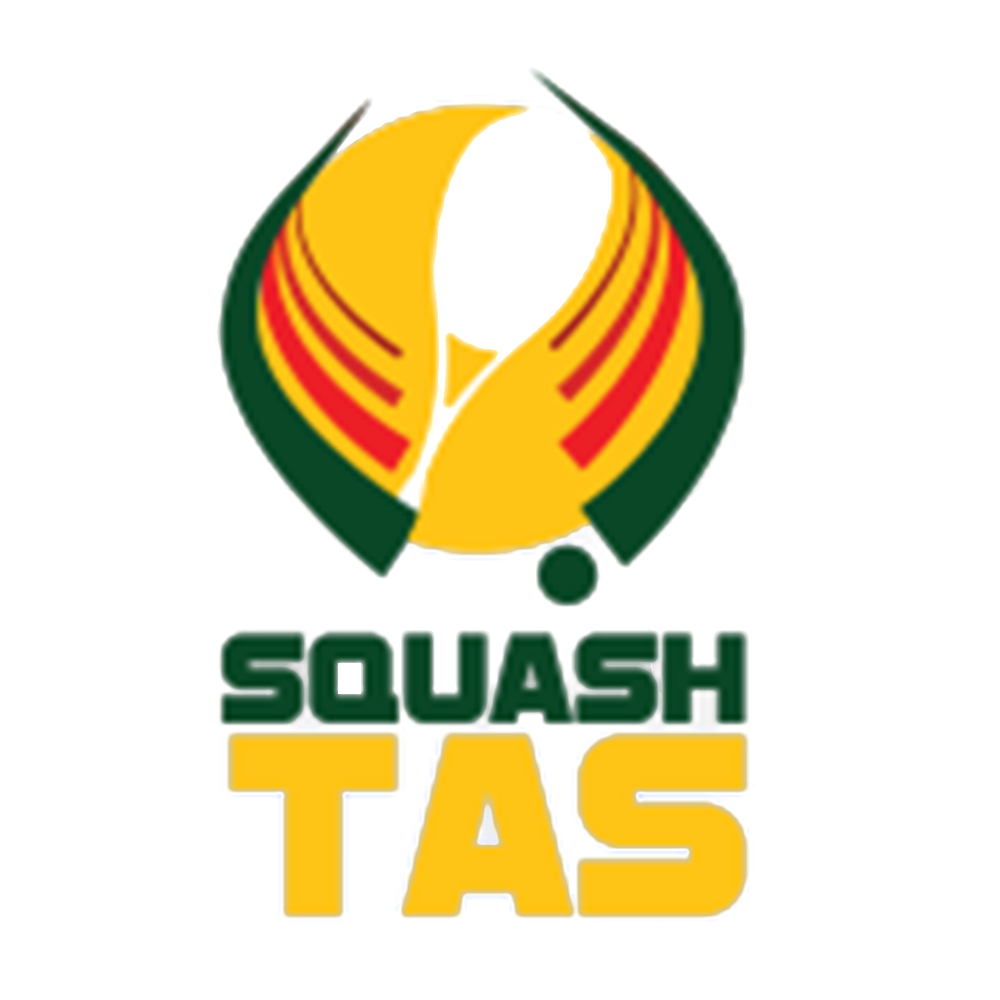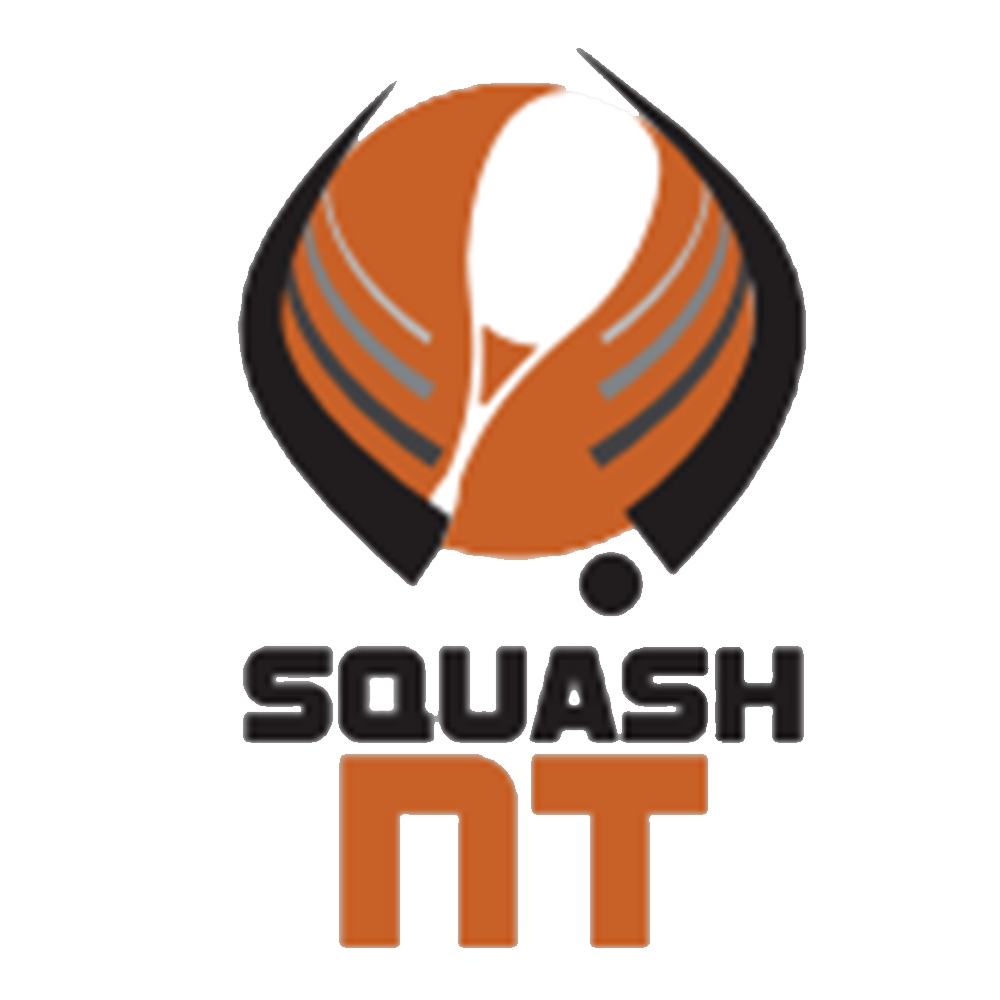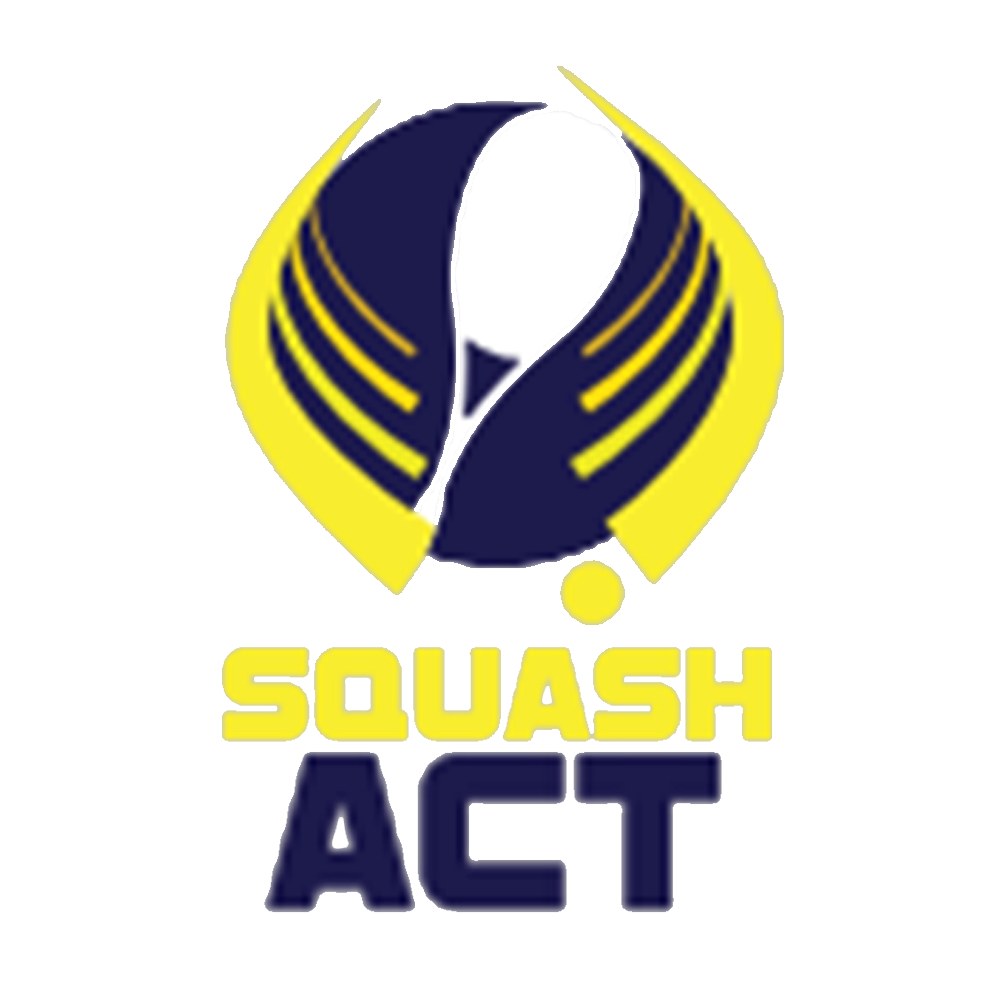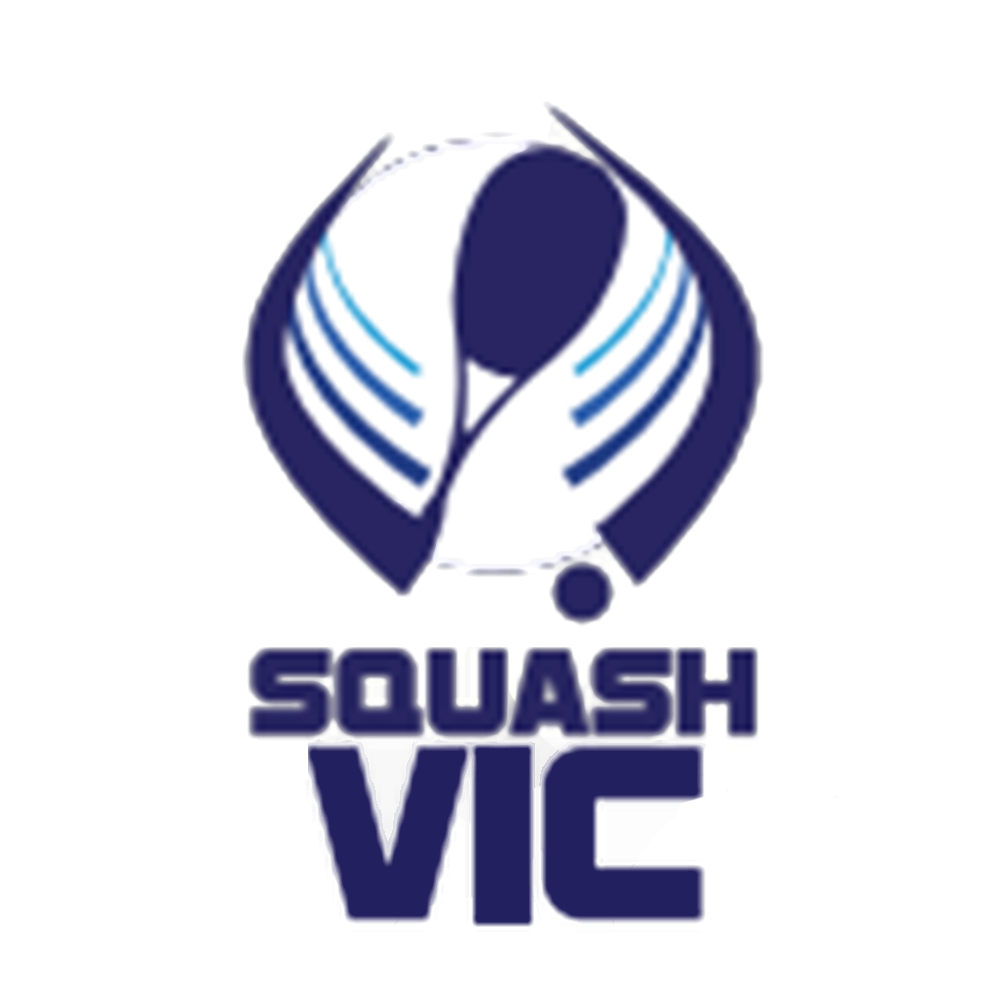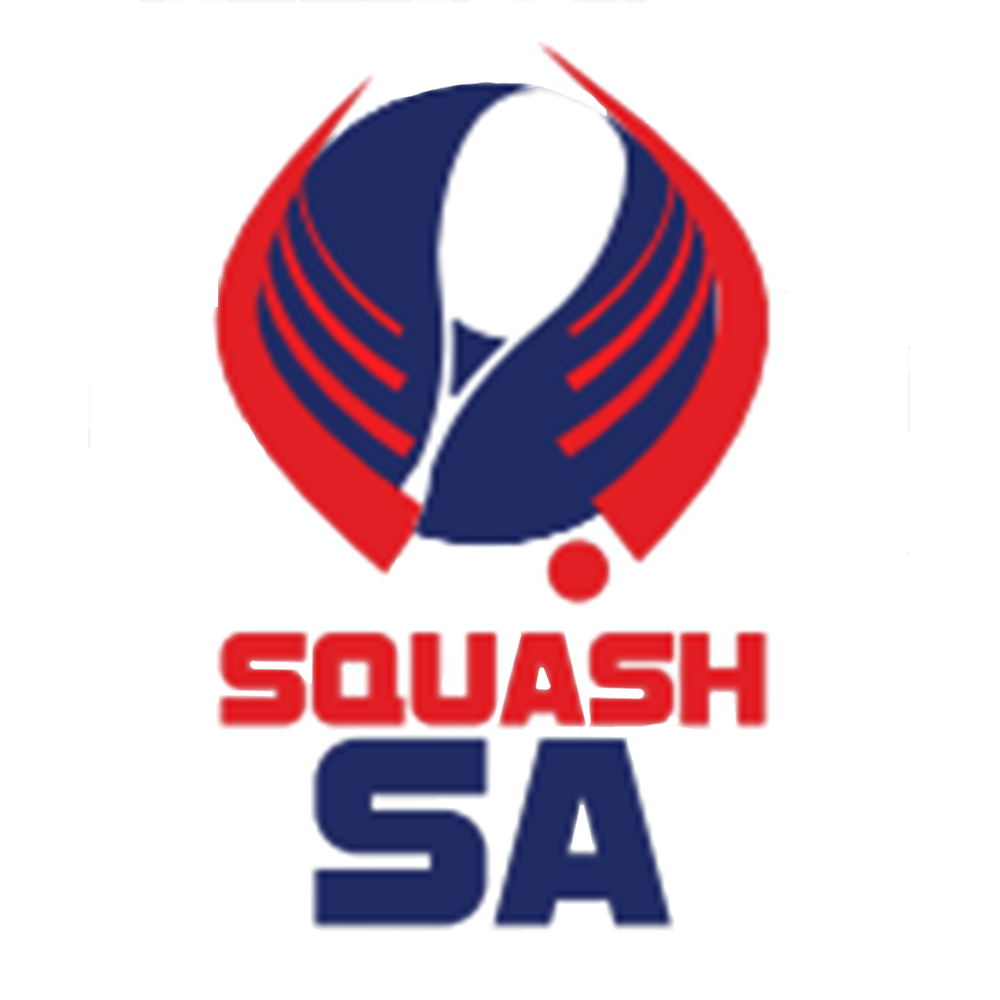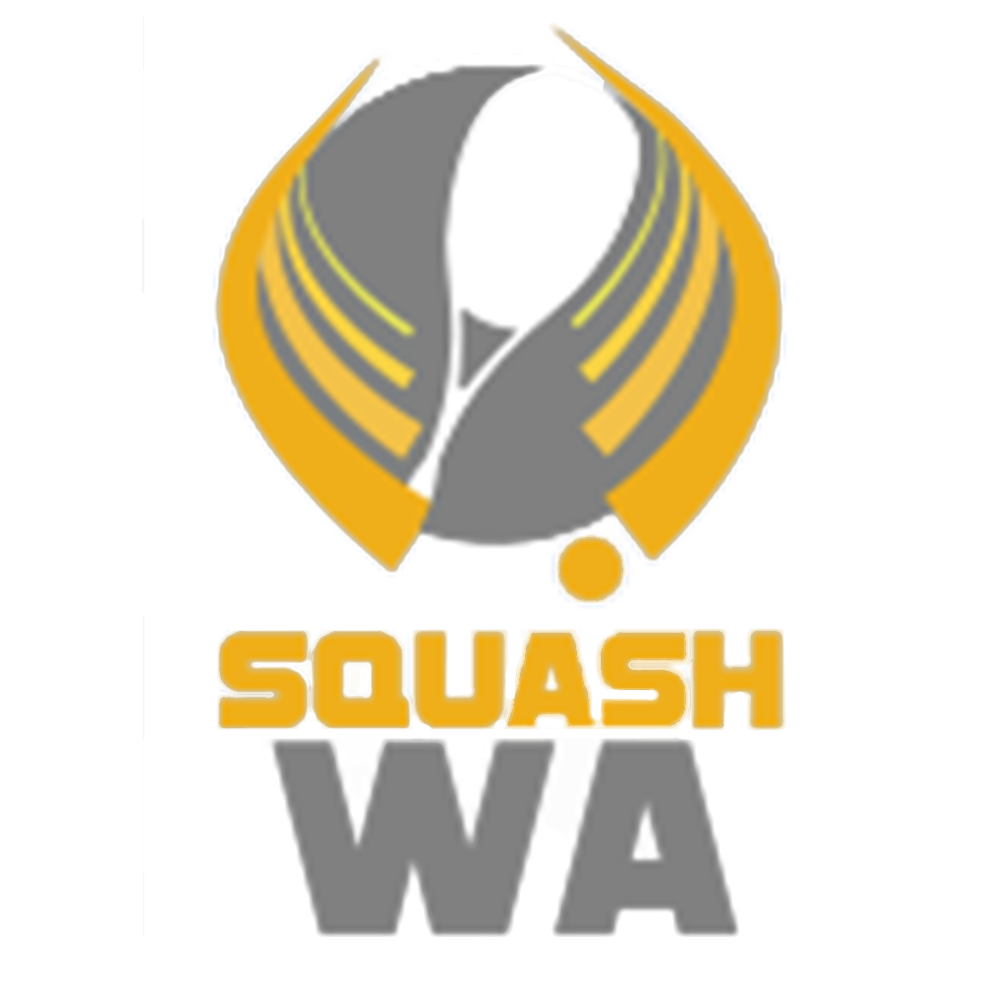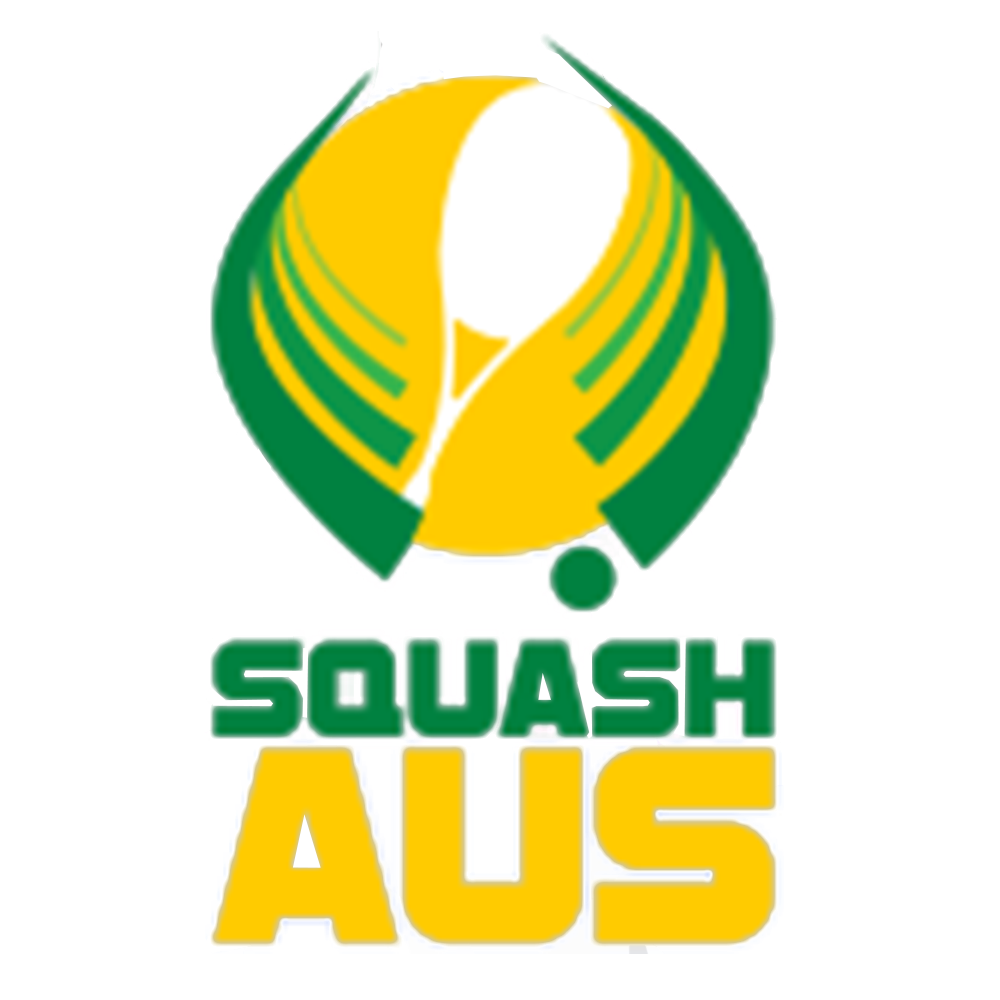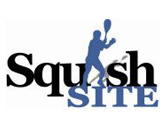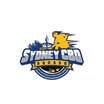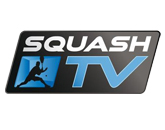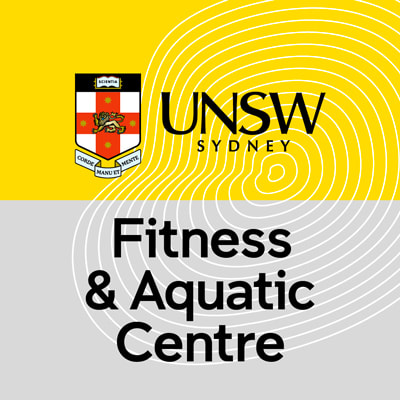Below are some tell tale signs of not watching the ball. Please note if any of these points relate to you:
- Watching the front wall after striking the ball.
- Not watching where the coach feeds the ball.
- Taking your eye off the ball when the opponent is just about to make contact.
- Watching the body at point of contact, rather than the ball. This is a perception error. The individual is selecting the wrong information to focus on.
- Not identifying the double dots on the ball.
- Guessing where the ball is going.
- Not following where you have hit the ball.
- Turning to run back to the T.
- Not identifying the quality of shot that you have hit. This can be regarded as another perceptual error. The individual does not understand the information that is put forth to them, causing a misjudgement in positioning and subsequent loss of the ball’s trajectory.

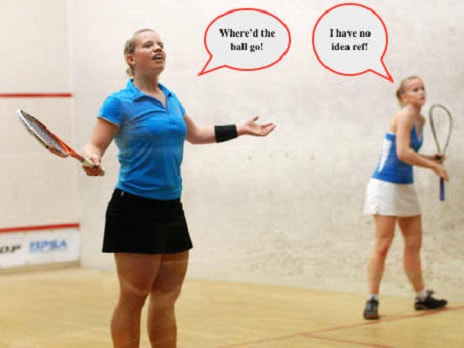
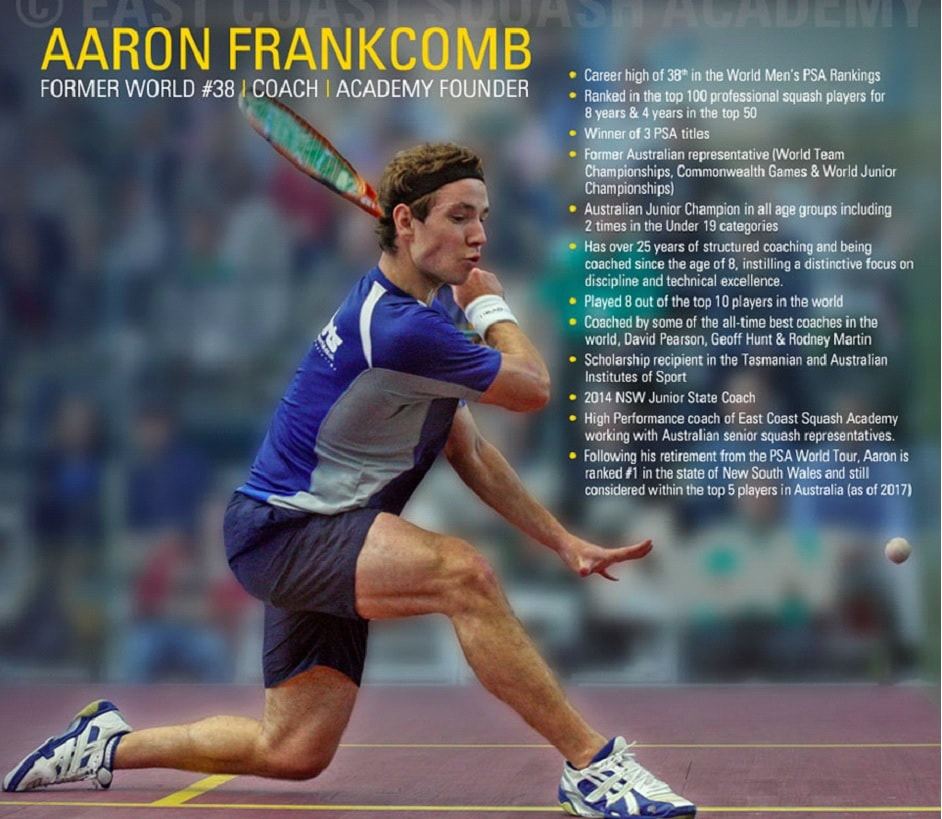
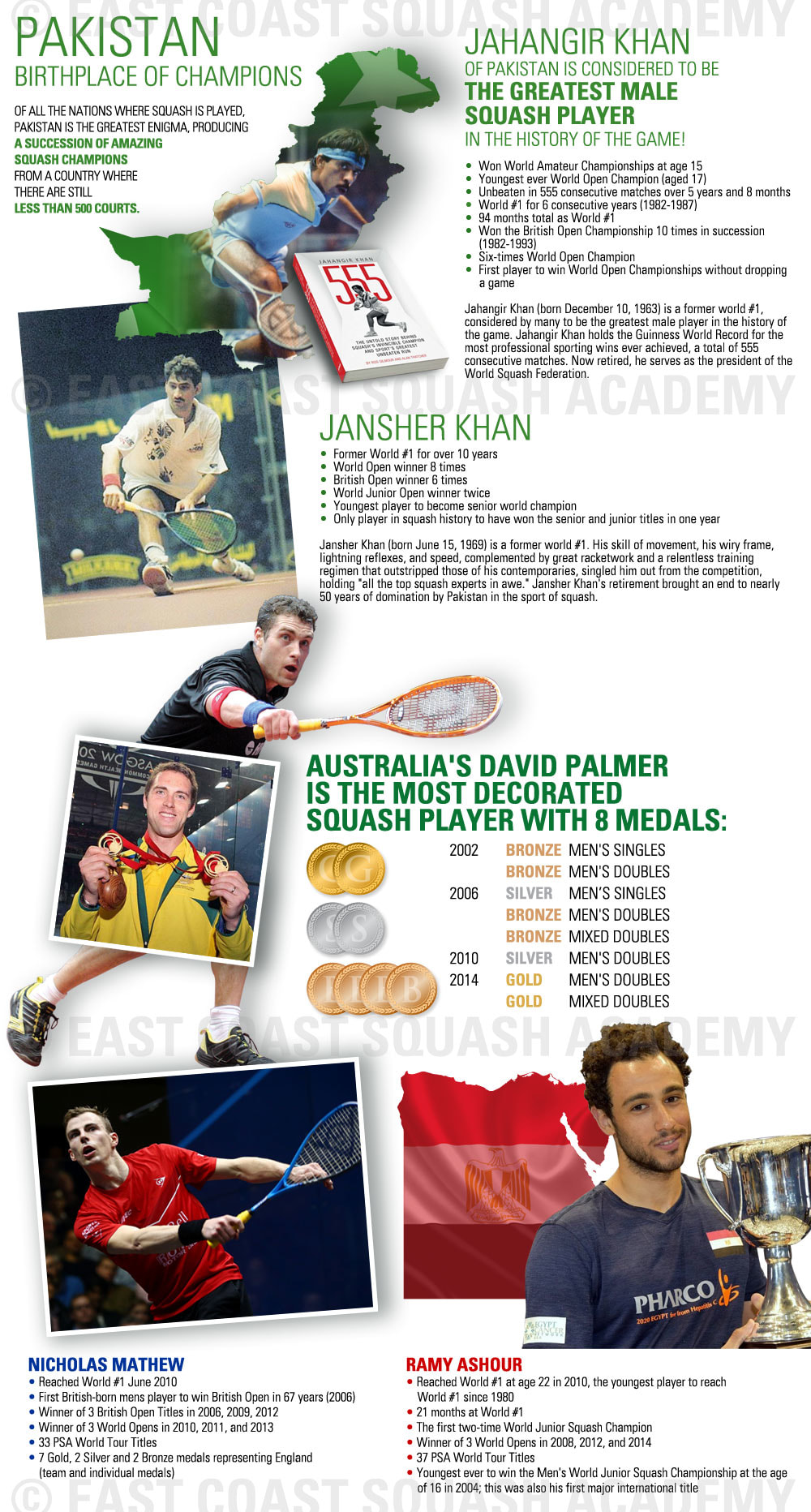
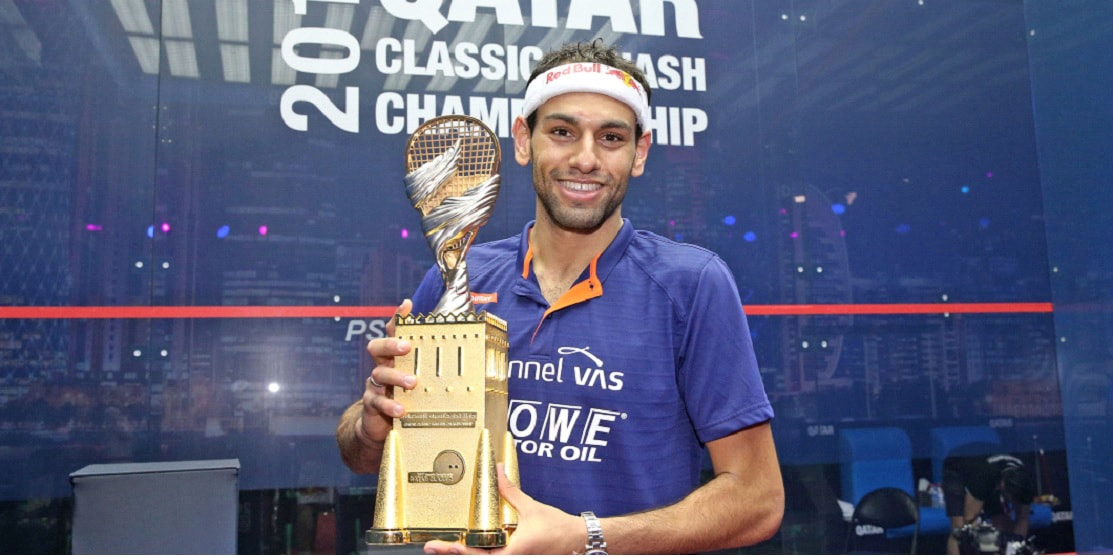
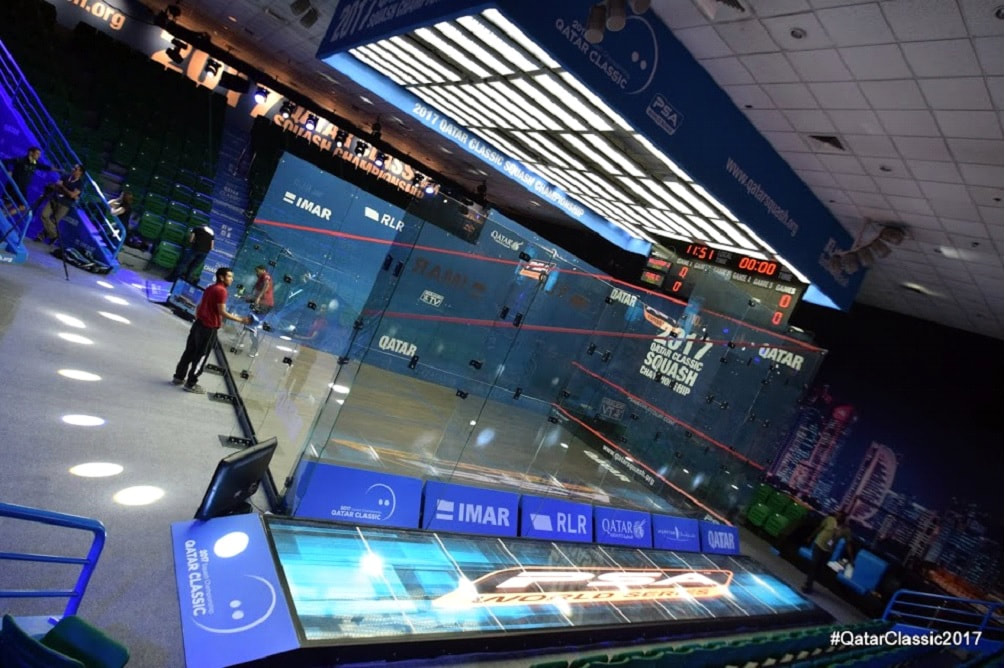
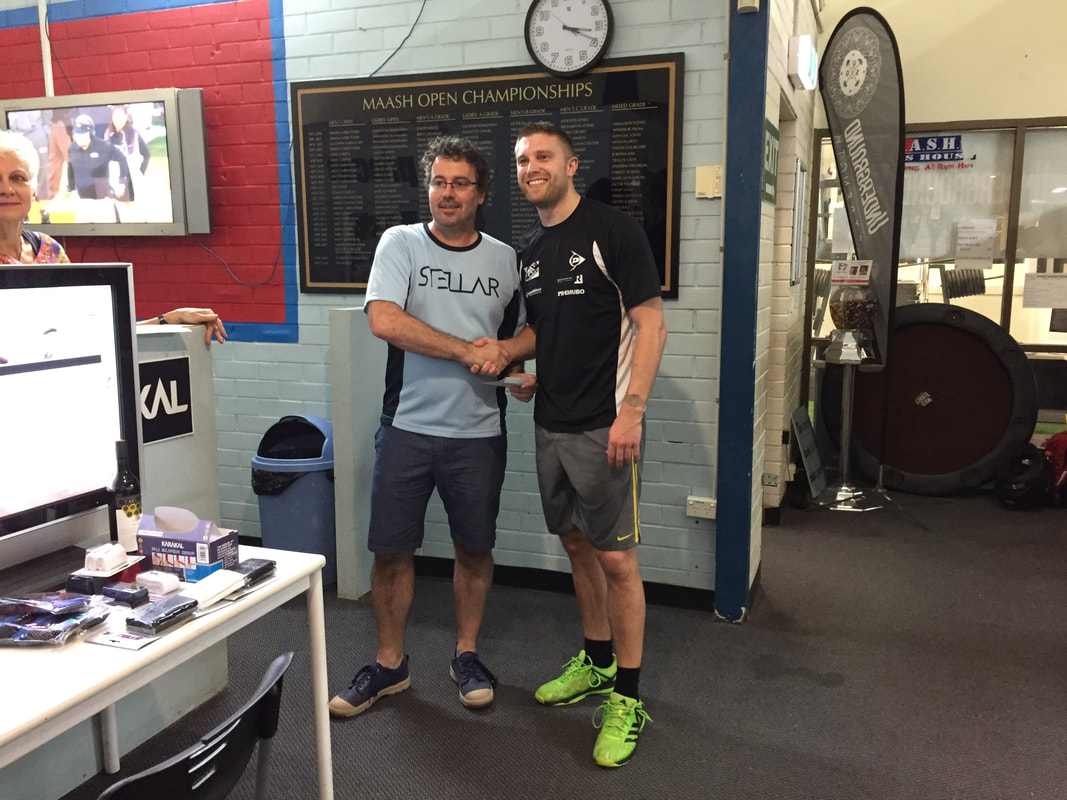
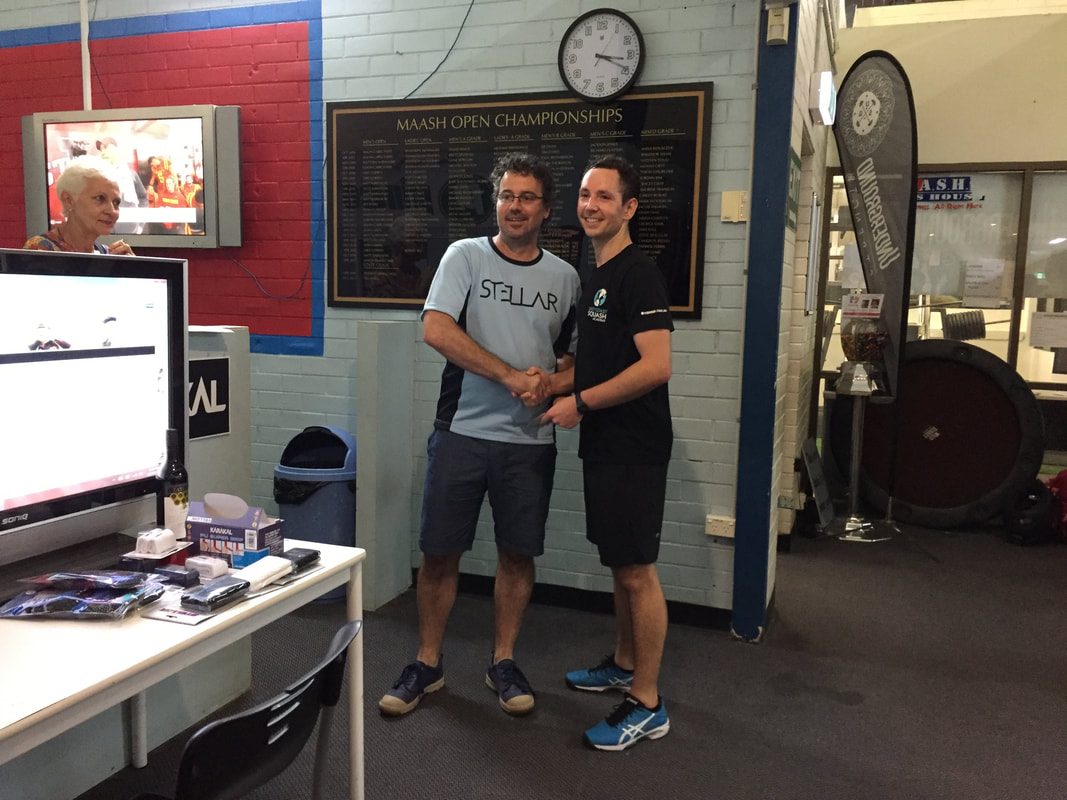
 RSS Feed
RSS Feed
